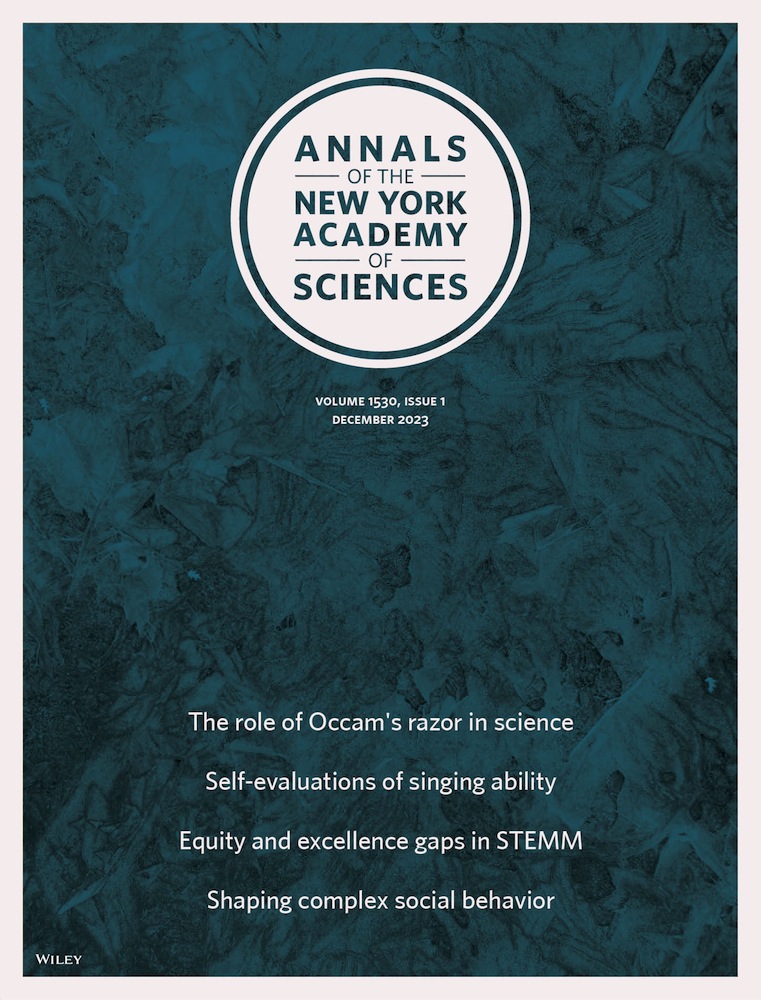胆汁酸调节宿主免疫。
IF 4.8
3区 综合性期刊
Q1 MULTIDISCIPLINARY SCIENCES
引用次数: 0
摘要
胆汁酸是胆固醇衍生的分子,主要被认为在消化和脂质代谢中起作用。然而,几十年的研究一直强调它们更广泛和多样化的生物学意义,特别是它们对宿主免疫的调节。本文综述了胆汁酸调节免疫反应的分子机制,包括其对巨噬细胞、树突状细胞和T细胞的作用。胆汁酸与核和膜受体结合,特别是法内甾体X受体和武田g蛋白偶联受体5,影响免疫细胞分化、通讯和信号传导。这些法规可能会影响疾病的结果,例如炎症性肠病、肠道和肝脏疾病、肝癌和结直肠癌。此外,我们强调了光亲和标记和化学蛋白质组学的最新进展,通过鉴定新的胆汁酸靶向蛋白,拓宽了我们对胆汁酸诱导的信号传导的理解。通过阐明胆汁酸调节的作用机制和意义,我们提供了胆汁酸如何作为代谢和免疫之间的关键介质的见解-为针对胆汁酸信号通路的治疗干预开辟了新的途径。本文章由计算机程序翻译,如有差异,请以英文原文为准。
Bile acid modulation of host immunity.
Bile acids are cholesterol-derived molecules primarily recognized for their roles in digestion and lipid metabolism. However, decades of research have consistently highlighted their broader and diverse biological significance, particularly their modulation of host immunity. This review investigates the molecular mechanisms through which bile acids regulate immune responses, including their effects on macrophages, dendritic cells, and T cells. Bile acids engage with nuclear and membrane receptors, notably the farnesoid X receptor and the Takeda G-protein-coupled receptor 5, to influence immune cell differentiation, communication, and signaling. These regulations could shape disease outcomes, such as in inflammatory bowel diseases, intestinal and liver diseases, and liver and colorectal cancers. Additionally, we highlight recent advances in photoaffinity labeling and chemical proteomics that have broadened our understanding of bile acid-induced signaling by identifying novel bile acid-targeting proteins. By elucidating the mechanisms of action and significance of bile acid regulation, we provide insights into how bile acids serve as critical mediators between metabolism and immunity-opening new avenues for therapeutic interventions targeting bile acid signaling pathways.
求助全文
通过发布文献求助,成功后即可免费获取论文全文。
去求助
来源期刊

Annals of the New York Academy of Sciences
综合性期刊-综合性期刊
CiteScore
11.00
自引率
1.90%
发文量
193
审稿时长
2-4 weeks
期刊介绍:
Published on behalf of the New York Academy of Sciences, Annals of the New York Academy of Sciences provides multidisciplinary perspectives on research of current scientific interest with far-reaching implications for the wider scientific community and society at large. Each special issue assembles the best thinking of key contributors to a field of investigation at a time when emerging developments offer the promise of new insight. Individually themed, Annals special issues stimulate new ways to think about science by providing a neutral forum for discourse—within and across many institutions and fields.
 求助内容:
求助内容: 应助结果提醒方式:
应助结果提醒方式:


